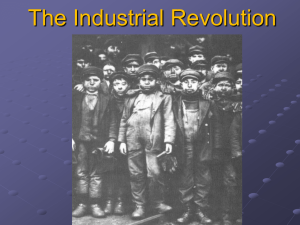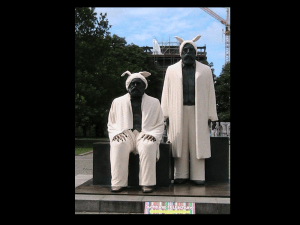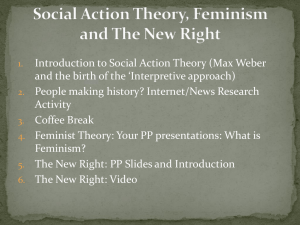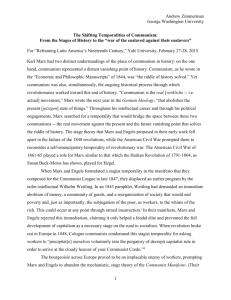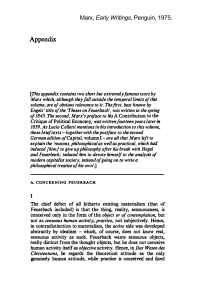Karl Marx
advertisement
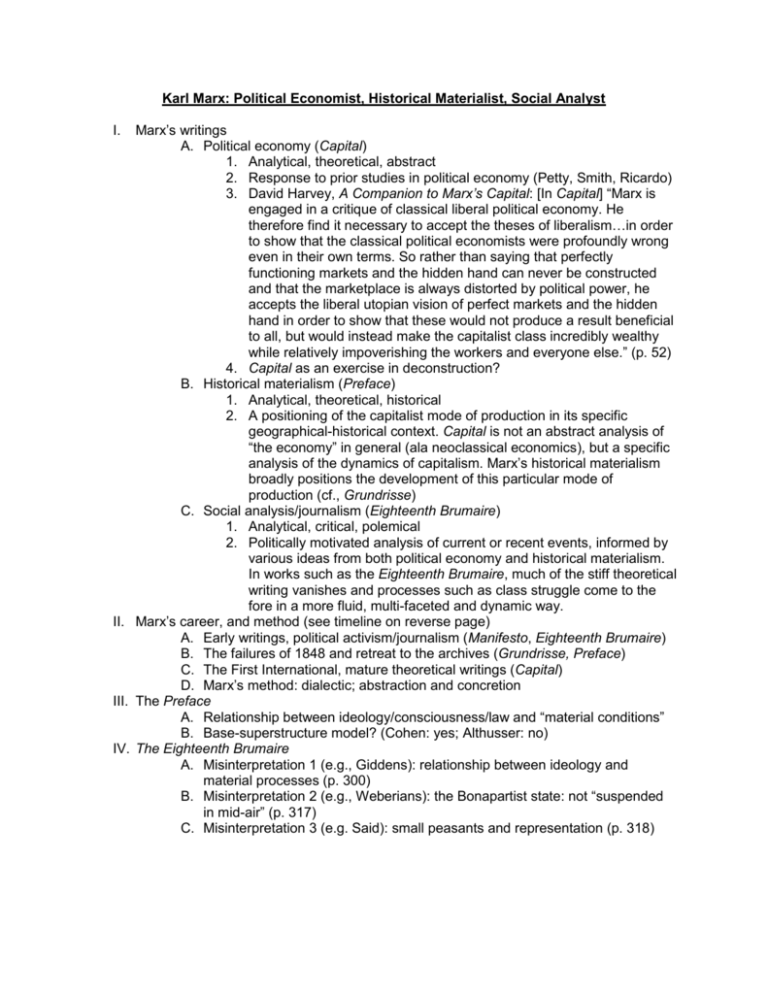
Karl Marx: Political Economist, Historical Materialist, Social Analyst Marx’s writings A. Political economy (Capital) 1. Analytical, theoretical, abstract 2. Response to prior studies in political economy (Petty, Smith, Ricardo) 3. David Harvey, A Companion to Marx’s Capital: [In Capital] “Marx is engaged in a critique of classical liberal political economy. He therefore find it necessary to accept the theses of liberalism…in order to show that the classical political economists were profoundly wrong even in their own terms. So rather than saying that perfectly functioning markets and the hidden hand can never be constructed and that the marketplace is always distorted by political power, he accepts the liberal utopian vision of perfect markets and the hidden hand in order to show that these would not produce a result beneficial to all, but would instead make the capitalist class incredibly wealthy while relatively impoverishing the workers and everyone else.” (p. 52) 4. Capital as an exercise in deconstruction? B. Historical materialism (Preface) 1. Analytical, theoretical, historical 2. A positioning of the capitalist mode of production in its specific geographical-historical context. Capital is not an abstract analysis of “the economy” in general (ala neoclassical economics), but a specific analysis of the dynamics of capitalism. Marx’s historical materialism broadly positions the development of this particular mode of production (cf., Grundrisse) C. Social analysis/journalism (Eighteenth Brumaire) 1. Analytical, critical, polemical 2. Politically motivated analysis of current or recent events, informed by various ideas from both political economy and historical materialism. In works such as the Eighteenth Brumaire, much of the stiff theoretical writing vanishes and processes such as class struggle come to the fore in a more fluid, multi-faceted and dynamic way. II. Marx’s career, and method (see timeline on reverse page) A. Early writings, political activism/journalism (Manifesto, Eighteenth Brumaire) B. The failures of 1848 and retreat to the archives (Grundrisse, Preface) C. The First International, mature theoretical writings (Capital) D. Marx’s method: dialectic; abstraction and concretion III. The Preface A. Relationship between ideology/consciousness/law and “material conditions” B. Base-superstructure model? (Cohen: yes; Althusser: no) IV. The Eighteenth Brumaire A. Misinterpretation 1 (e.g., Giddens): relationship between ideology and material processes (p. 300) B. Misinterpretation 2 (e.g., Weberians): the Bonapartist state: not “suspended in mid-air” (p. 317) C. Misinterpretation 3 (e.g. Said): small peasants and representation (p. 318) I. Chronology 1818: Born in Trier, Germany 1835: Enrolled in law at University of Bonn 1836: Transferred to Friederich-Wilhelm University in Berlin to study philosophy 1842: First publication of Rheinische Zeitung; met Engels 1843: Married Jenny von Westphalen; emigrated to Paris; published On the Jewish Question 1844: First daughter born 1845: Wrote Thesis on Feurbach; second daughter born 1845-46: Collaborated with Engels on The German Ideology 1847: First son born; published The Poverty of Philosophy 1848: Published Manifesto of the Communist Party with Engels 1848-49: Moved to Cologne to edit Neue Rheinische Zeitung; staff arrested; second son born 1850: Moved with family to London; second son died 1851: Third daughter born (died a year later) 1852: Began writing for the New York Tribune; published The Eighteenth Brumaire 1853: Outbreak of Crimean War, which Marx and Engels covered for the Tribune 1855: Fourth daughter born; first son died 1856-57: Indian Army Rebellion and second Opium War; final child died before being named 1859: Published A Contribution to the Critique of Political Economy 1862: Published last article for Tribune (total articles = 7 out of 51 volumes of MEW) 1864: Founding of International Workingmen’s Association (First International) 1867: Published Capital (volume I) 1871: Paris Commune; Marx wrote The Civil War in France 1872: International voted to relocate to New York (in response to Marx/Bakunin clash) 1881: Wife died 1883: Died at home in London 1893: Publication of Capital II 1894: Publication of Capital III


